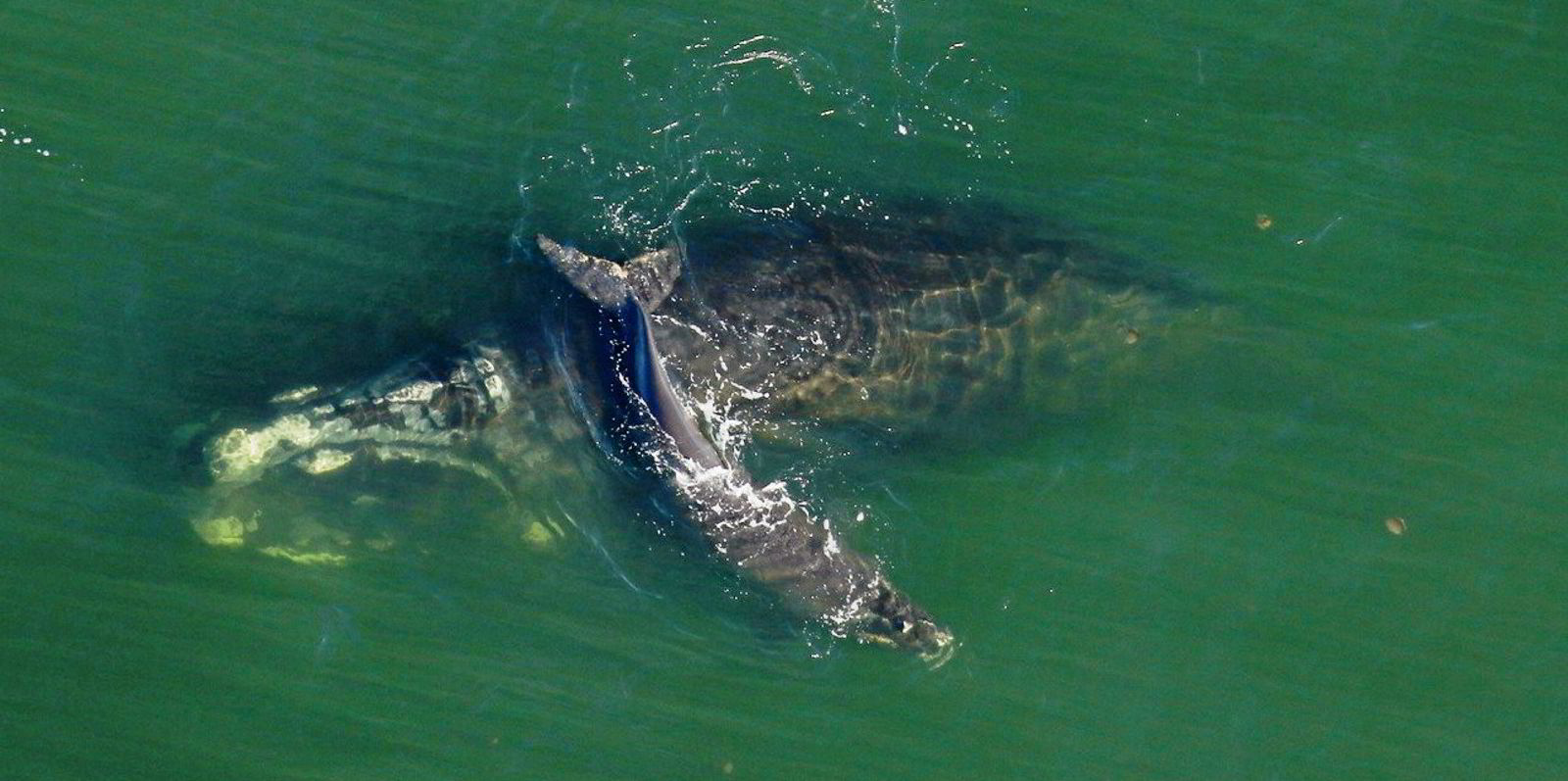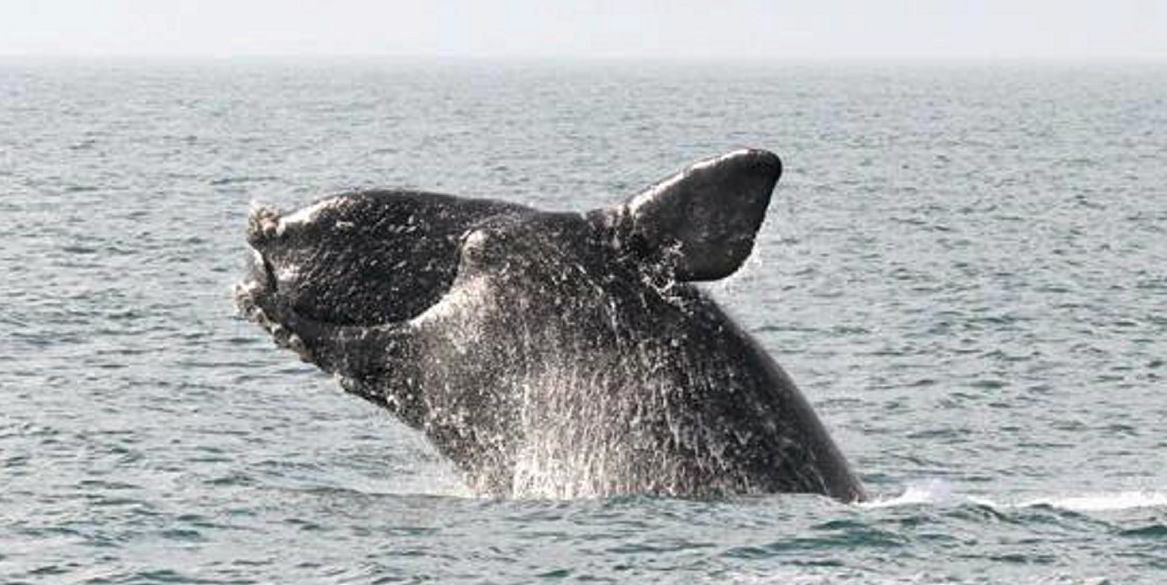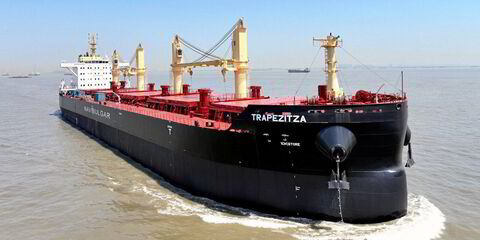A federal court has rejected a bid by the US government to throw out a lawsuit by environmental organisations seeking to expand shipping speed limits in the Atlantic to protect whales.
The decision by US District Judge Amit Mehta allows the green groups to continue pursuing their complaint that the government has failed to respond to a petition seeking new rules to protect the critically endangered North Atlantic right whales.
The decision comes just two weeks after scientists determined the species' population fell in 2020 to the lowest level in nearly two decades, with just 336 individuals left. Ship strikes are considered the second-largest threat to North Atlantic right whales, behind fishing gear entanglement.
The Whale and Dolphin Conservation, the Defenders of Wildlife, the Conservation Law Foundation and the Center for Biological Diversity sued the federal government in a district court in Washington DC.
Seeking speed limits
They are seeking to pressure the National Marine Fisheries Service (NOAA Fisheries) to roll out more mandatory 10-knot speed limits in areas where the right whales congregate.
The agency, part of the Commerce Department's National Oceanographic and Atmospheric Administration, currently has seasonal mandatory speed restrictions in some areas, as well as some voluntary limits.
The green groups filed two petitions, one in 2012 and another last year, demanding the new rules, and their lawsuit alleged unreasonable delays in the response from NOAA Fisheries.
Lawyers for the administration of US President Joe Biden have fought the lawsuit, arguing that the government has given the response the green groups sought with a letter in March that provided no definitive answer to the petitions.

"Thee agency's position is untenable," Mehta wrote.
'Half-hearted reply'
"If the agency were correct that its letter — providing no definitive answer — is an adequate 'response' for [Administrative Procedures Act] purposes, then it could effectively inoculate itself from being compelled to respond to petitions for rule-making in future instances by providing a half-hearted reply saying, effectively, 'We’re thinking about it.'"
However, the judge accepted a request to throw out the December 2012 petition, because NOAA Fisheries provided an outright rejection of that petition.
The agency is aware of the court ruling and "reviewing it closely", NOAA spokeswoman Katie Wagner told TradeWinds.

The environmental groups want NOAA Fisheries to make voluntary speed limits mandatory. And they want to expand the areas with mandatory restrictions and extend the times when they apply, among other changes.
"Right whale moms stay near the surface by the sides of their little ones who are not yet able to take long dives, putting both mom and baby at risk of being struck," said Regina Asmutis-Silvia, executive director of Whale and Dolphin Conservation's North American office.
A 2020 NOAA Fisheries report found that collisions between ships and whales have reduced under mandatory speed limits and acknowledged that more action is needed. However, the agency has yet to start a formal process to create new rules.
"Right whales need more protections from ship strikes, and they need them now," said Kristen Monsell, oceans legal director at the Center for Biological Diversity.
"We hope this ruling sends a strong signal to the Biden administration that it must act immediately."





